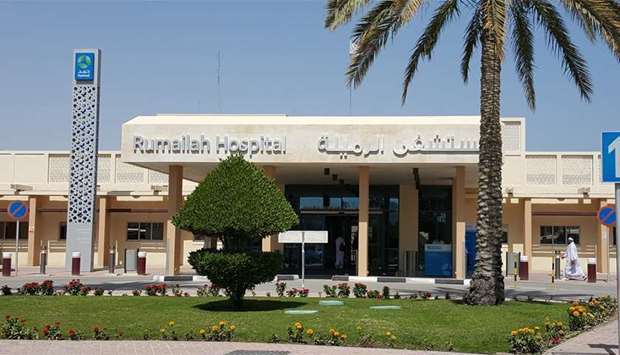Rumailah Hospital's Special Education Training Section focuses on the early intervention for 3-6 years old children suffering form different disabilities, in order to integrate them in regular schools, head Mousa Abdulmajid has said.
The section has all the necessary rehabilitation services for various disabilities, he told local Arabic daily 'Arrayah'. Special education services, occupational therapy, physiotherapy, speech therapy and nursing services are available, in addition to family services consultation and parent training.
The section currently receives around 80 cases a week. The services are offered in separate rooms for groups. Accordingly, a complete work programme is scheduled for four months for each child. Subsequently, the progress is assessed and education and training continues until the child joins school or is sent to another organisation that could deal with his case.
Abdulmajid pointed out that the services of the section does not stop with the targeted child joining a school. The support continues at the various related departments of the hospital through the outpatient clinics. The section offers a follow up programme with the parents so the child will get access to the related services continuously.
The section provides training sessions twice a week with four hours training for each child. Currently, each child can have more than 64 treatment and rehabilitation sessions held for groups of children and cover a variety of related areas. The cases handled by the section include those for cerebral palsy, intellectual disability, Down syndrome, and other syndromes except autistic children, who have another dedicated section.
Abdulmajid said that the section received hundreds of cases last year and provided them with the adequate training sessions for early intervention at the pre-school stage. The comprehensive services contributes towards improving many cases and ease their integration into schools and kindergartens with a 70% success rate.
After the child joins a regular school, follow-up support and training services continue to help him/her lead a normal life, the official added.

